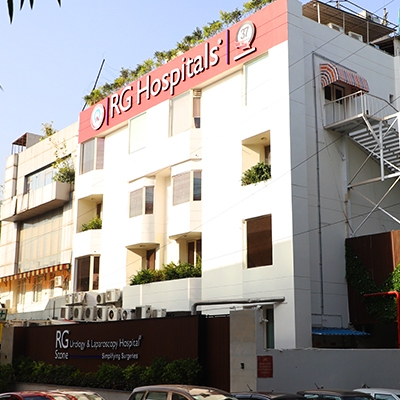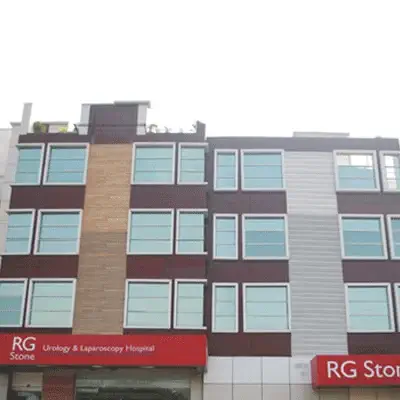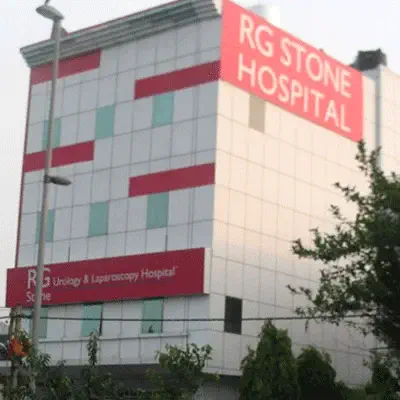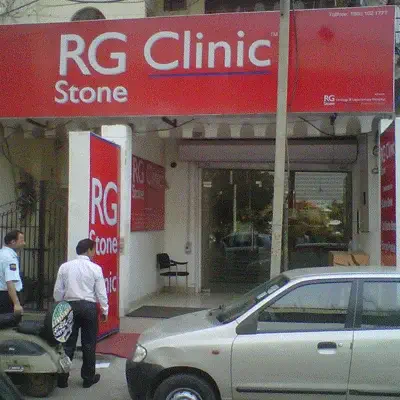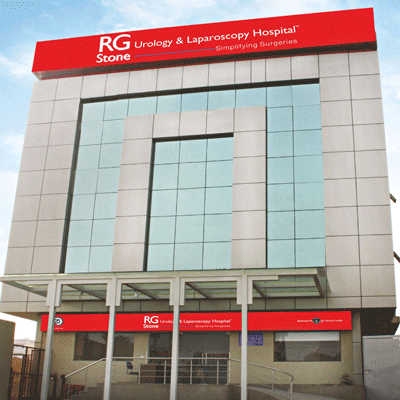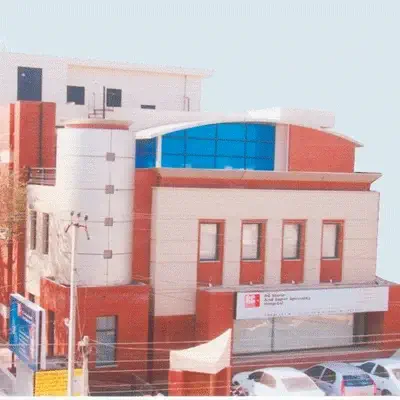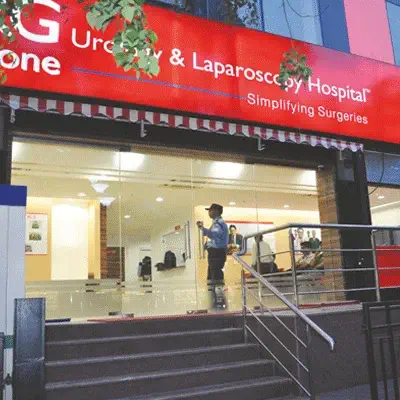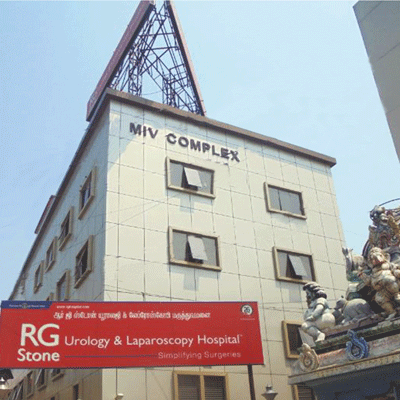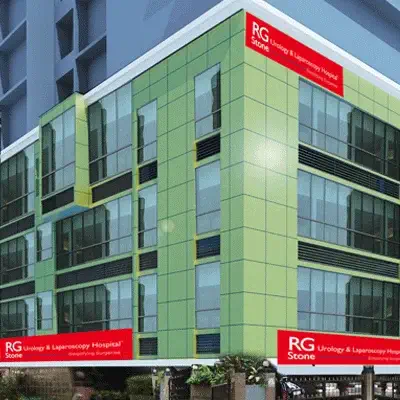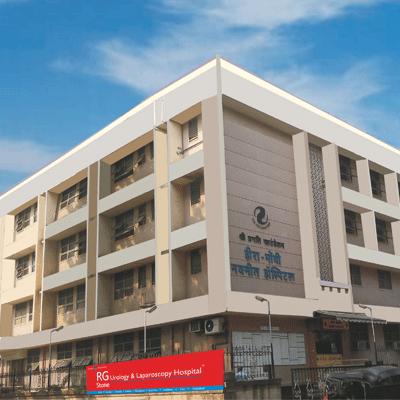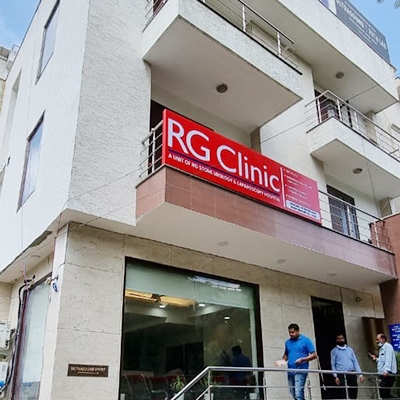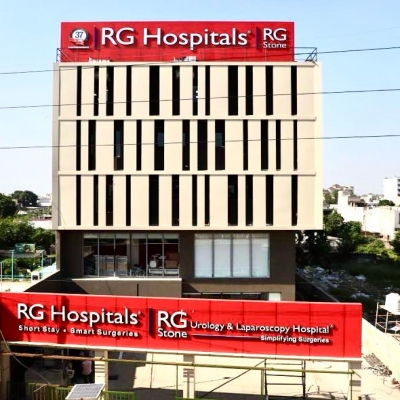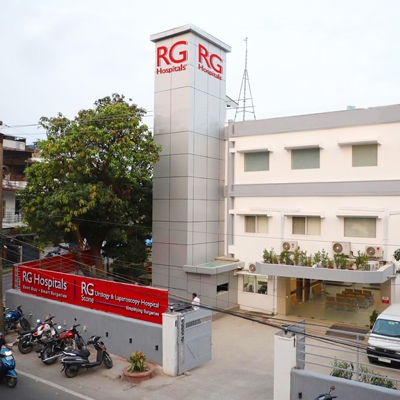An ectopic pregnancy occurs when a fertilized egg implants outside the uterus, commonly in the fallopian tubes. This condition can arise due to several factors, including damaged or scarred fallopian tubes, hormonal imbalances, or previous pelvic infections. Other contributing causes include endometriosis, certain genetic factors, and the use of assisted reproductive technologies. Recognizing the symptoms early is crucial for effective treatment. Common signs include sharp or stabbing pain in the abdomen or pelvis, abnormal vaginal bleeding, and gastrointestinal symptoms like nausea or vomiting. Women might also experience dizziness or fainting due to internal bleeding. Prompt medical attention is essential to address this potentially life-threatening condition and preserve future fertility.
Diagnosis of an ectopic pregnancy typically involves a combination of a pelvic examination, blood tests to check hormone levels, and imaging techniques such as transvaginal ultrasound. These methods help confirm the presence of an ectopic pregnancy and assess its location. If an ectopic pregnancy is detected, treatment options vary depending on the stage of the pregnancy and the patient’s health. Early-stage ectopic pregnancies may be managed with medication to dissolve the abnormal tissue, while more advanced cases might require surgical intervention to remove the ectopic tissue and repair any damage. Early diagnosis and intervention are key to reducing complications and ensuring the best possible outcomes for patients.
Procedures & Interventions
A chemotherapy drug that can be used to treat early ectopic pregnancies by stopping the growth of the abnormal tissue. It is administered via injection and works by interfering with the cells’ ability to replicate. This option is typically used when the ectopic pregnancy is diagnosed early, and there is no significant internal bleeding.
This minimally invasive surgical procedure involves making small incisions in the abdomen through which a camera and surgical instruments are inserted. It allows for the removal of the ectopic tissue and, if necessary, repair of any damage to the fallopian tubes. Laparoscopic surgery is often preferred due to its quicker recovery time and reduced risk of complications compared to open surgery.
In cases where the ectopic pregnancy has caused significant internal bleeding or other complications, open surgery may be required. This involves a larger abdominal incision to directly access and remove the ectopic tissue. Although it is more invasive than laparoscopic surgery, it is sometimes necessary for ensuring the safety and health of the patient.
In very rare cases where the ectopic pregnancy is diagnosed early and there are no signs of internal bleeding, a watch-and-wait approach may be adopted. This involves regular monitoring of the patient’s condition to see if the ectopic tissue resolves on its own. This option is only suitable for specific cases and is closely supervised by healthcare providers.

A chemotherapy drug that can be used to treat early ectopic pregnancies by stopping the growth of the abnormal tissue. It is administered via injection and works by interfering with the cells’ ability to replicate. This option is typically used when the ectopic pregnancy is diagnosed early, and there is no significant internal bleeding.

This minimally invasive surgical procedure involves making small incisions in the abdomen through which a camera and surgical instruments are inserted. It allows for the removal of the ectopic tissue and, if necessary, repair of any damage to the fallopian tubes. Laparoscopic surgery is often preferred due to its quicker recovery time and reduced risk of complications compared to open surgery.

In cases where the ectopic pregnancy has caused significant internal bleeding or other complications, open surgery may be required. This involves a larger abdominal incision to directly access and remove the ectopic tissue. Although it is more invasive than laparoscopic surgery, it is sometimes necessary for ensuring the safety and health of the patient.

In very rare cases where the ectopic pregnancy is diagnosed early and there are no signs of internal bleeding, a watch-and-wait approach may be adopted. This involves regular monitoring of the patient’s condition to see if the ectopic tissue resolves on its own. This option is only suitable for specific cases and is closely supervised by healthcare providers.
Team of Excellence
Behind every recovery story at RG Hospitals is a team of exceptional doctors whose passion for healing and innovation continues to transform healthcare and redefine patient outcomes.
Find a DoctorLooking for an Expert
RG Hospitals is proud to be the home of some of the world's most distinguished doctors.

Patient Stories
View AllPatient Testimonial | Commitment To Care
Treated by Dr. Manoj Gupta , RG Stone Hospital, Dehradun
- All Locations
- New Delhi
- Haryana
- Punjab
- Kolkata
- Chennai
- Mumbai
- Goa
- Uttar Pradesh
- Uttarakhand


